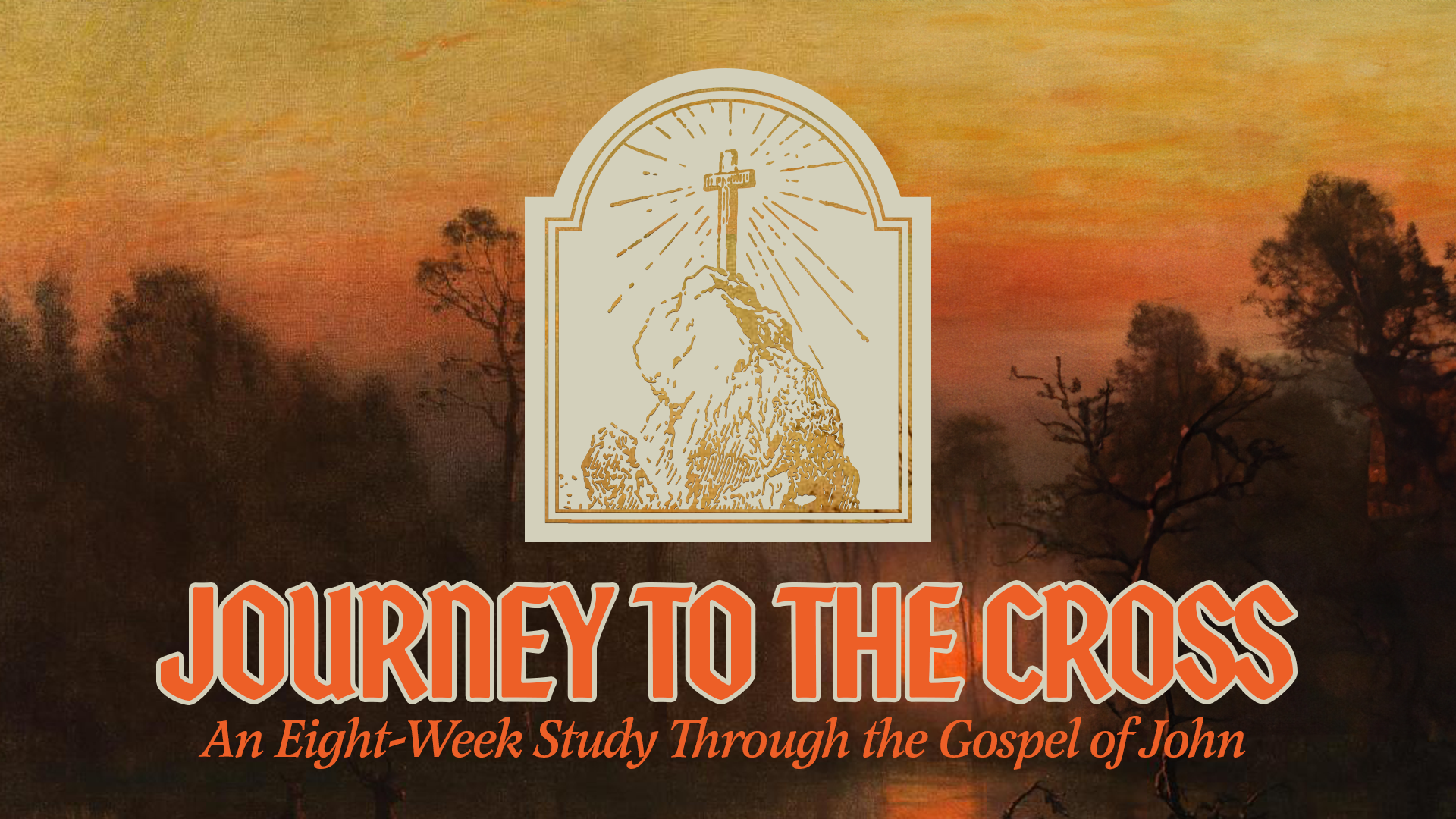Do You Want to Get Well?
To reflect God’s heart to the world around us, we need to know God’s heart and, we believe, God’s heart is most clearly represented in Jesus. In the weeks leading up to Easter, we invite you to explore the life of Jesus by reading the Gospel of John with us. As we delve into the richness of scripture, we’ll utilize the ancient practice of Lectio Divina, which invites us to slow down and posture our hearts to hear from God. With that said, let’s begin with a prayer:
Open your time by reciting these words:
Lord, as I approach scripture, prepare my heart to encounter You in its pages. Quiet the distractions that pull me away and open my eyes to see Your truth. May I encounter these words humbly, with an open mind and a receptive spirit. May my time in Scripture be a sacred encounter that deepens my relationship with You and transforms me into the image of Your Son, Jesus Christ. Amen.
Lectio (Reading)
Take a moment to read John 5:1-29 slowly and attentively. As you read, pay attention to any words or phrases that stand out to you. Allow the text to wash over you, inviting the Holy Spirit to speak to your heart.
When Jesus saw him lying there and learned that he had been in this condition for a long time, he asked him, “Do you want to get well?” John 5:6
Meditatio (Meditation)
Today's passage opens with Jesus near the Sheep Gate in Jerusalem, where a pool called Bethesda was located. An angel was believed to stir up the waters, and the first person to step into the pool each day would be healed. Among the many sick and disabled people waiting by the pool, Jesus saw a man who had been an invalid for thirty-eight years.
At first glance, it seems odd that when Jesus encounters a disabled man sitting by a pool, His first question is, "Do you want to get well?" From our perspective, of course, he wants things to change. However, Jesus never uses His words flippantly. They always have a deeper purpose: to reveal the more profound issues taking place inside a person's heart.
Jesus knew a vital principle: just because one is sick doesn't mean one wants to be well. The longer we sit by the pool, the more discouraged we become and the quicker the excuses come. We see ourselves as a victim of our circumstances. We surround ourselves with more pool chairs filled with people who don't mind or bring up our sickness. We learn to tolerate, compensate for, and hide our struggles. The longer we go without addressing the issue, the more we wrongly believe our destiny is to live by the pool forever.
Take a moment to reflect on the words you have read. Consider the disabled man’s perspective - the years of feeling felt trapped, helpless, and defeated. Ponder the disabled man's reply, "I have no one to help me,” and how he felt lonely and in need.
Contemplatio (Contemplation)
Jesus asks us the same question as the man by the pool: Do YOU want to be WELL? Instead of responding to this seemingly simple question with a yes or no answer, we give Jesus a story. "Here's the reason I'm in this condition." "My parents did _______." "I wouldn't be like this, if _____." "It's not my fault." "I've tried hard to fix things." The stories are wide and varied. There are perks to being physically, emotionally, and spiritually unwell. People give us attention. Our sickness validates our actions and attitudes. Personal responsibility goes out the window because we can't help ourselves. There's no need for accountability, and we have a built-in excuse for everything we do ("that's just who I am"). It's easy to lie down. It hurts to get up. But, that's what Jesus calls us to do - to get up, pick up our mat, and walk.
Take a moment to examine your heart and ask yourself if you truly desire healing and transformation in your life. In what situations do you find yourself sitting by the pool telling yourself a story?
Actio (Action)
Unlike in other miracles recorded in the Gospels, Jesus didn't declare the man healed until after he was on his feet. With his wobbly legs and fragile body, the man had to exhibit faith before he knew the healing was true. When we change our posture, we change our perspective on our struggles. The man might have spent years trying to find healing on his own. Yet, it only took a moment and an encounter with Jesus to experience it. We can't spend our days living on the mat. Whatever our struggles are, we must bring them to the ONE who can heal us. Our decision to get up doesn't just affect us. It influences and impacts those who come after us. Don't be embarrassed or ashamed of your struggle. God can use anything for His glory if we trust Him. Our greatest misery has the power to become our greatest ministry.
Take a moment to consider what it would look like for you to "pick up your mat and walk" when it comes to your struggles. How can you embrace the pain of recovery?
Oratio (Prayer)
Close your time by reciting this prayer or lifting up your own:
God, for far too long, I've sat on my mat. It hurts but in a weird way, it's comforting. I often can't see myself without the mat and its struggles. Please help me to want to be well. May I recognize the areas in my life where I need healing and give me the strength to bring them to you. Help me to trust in your love and power to bring about change in my life. In Your name, Jesus. Amen

